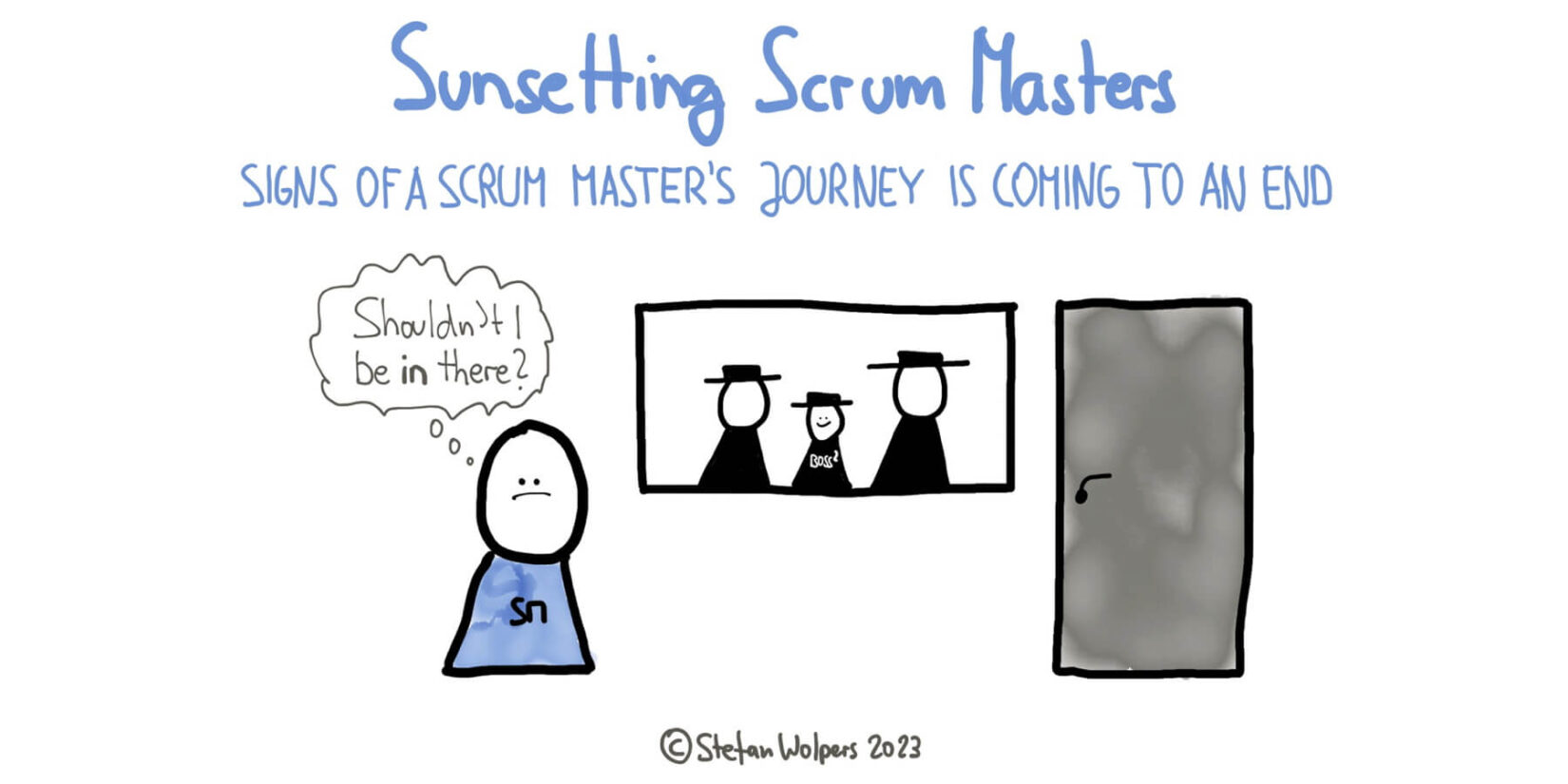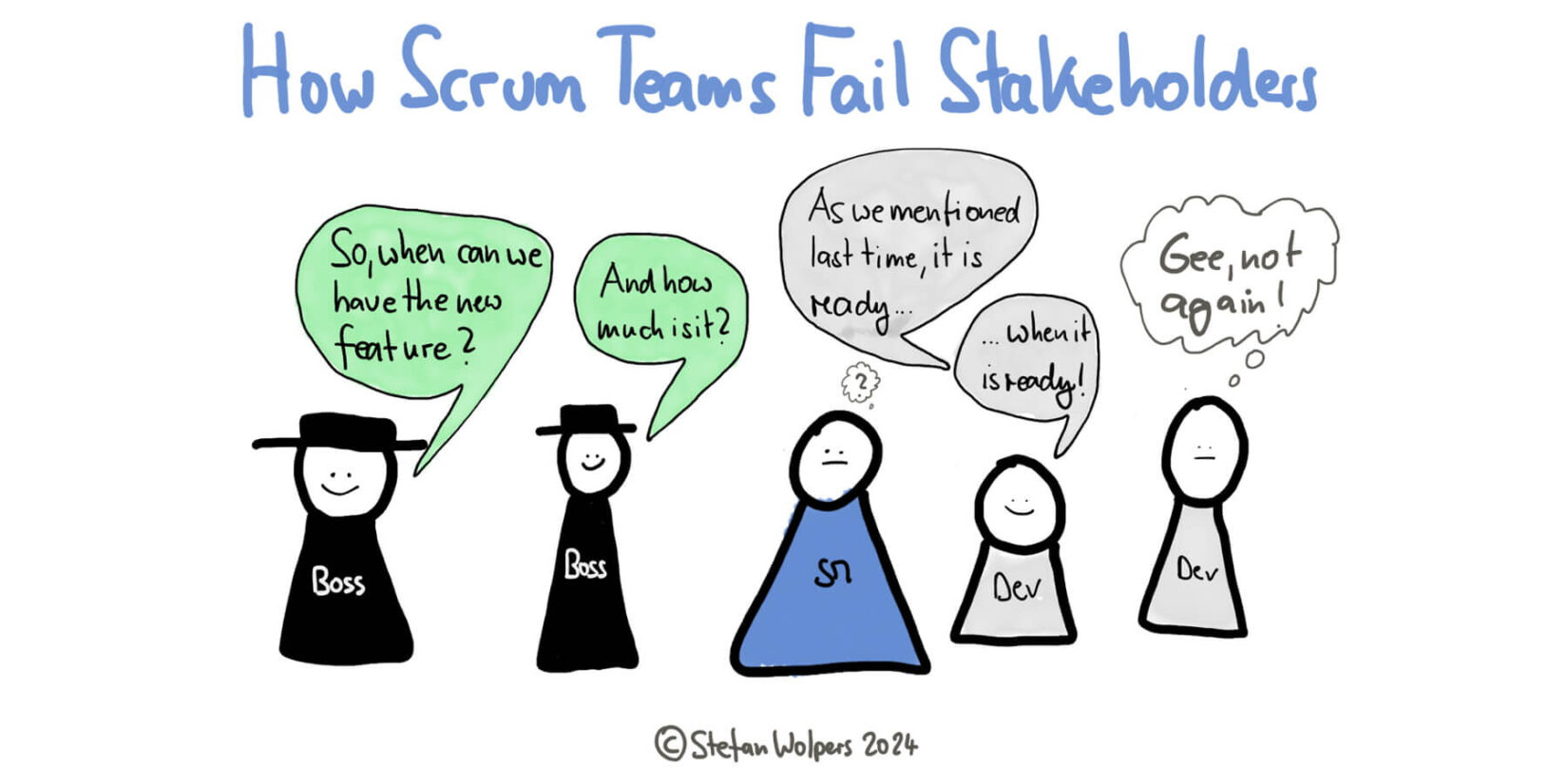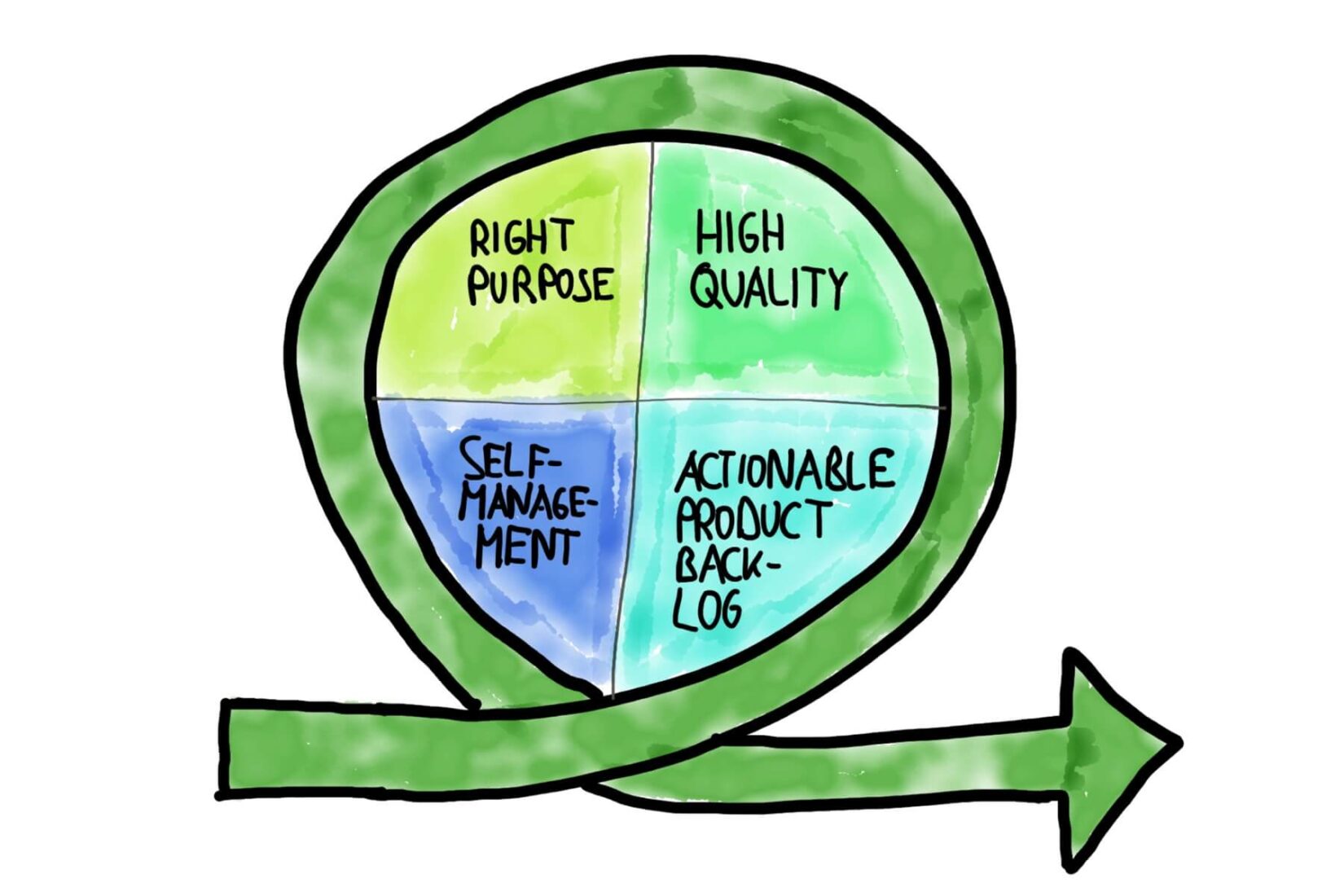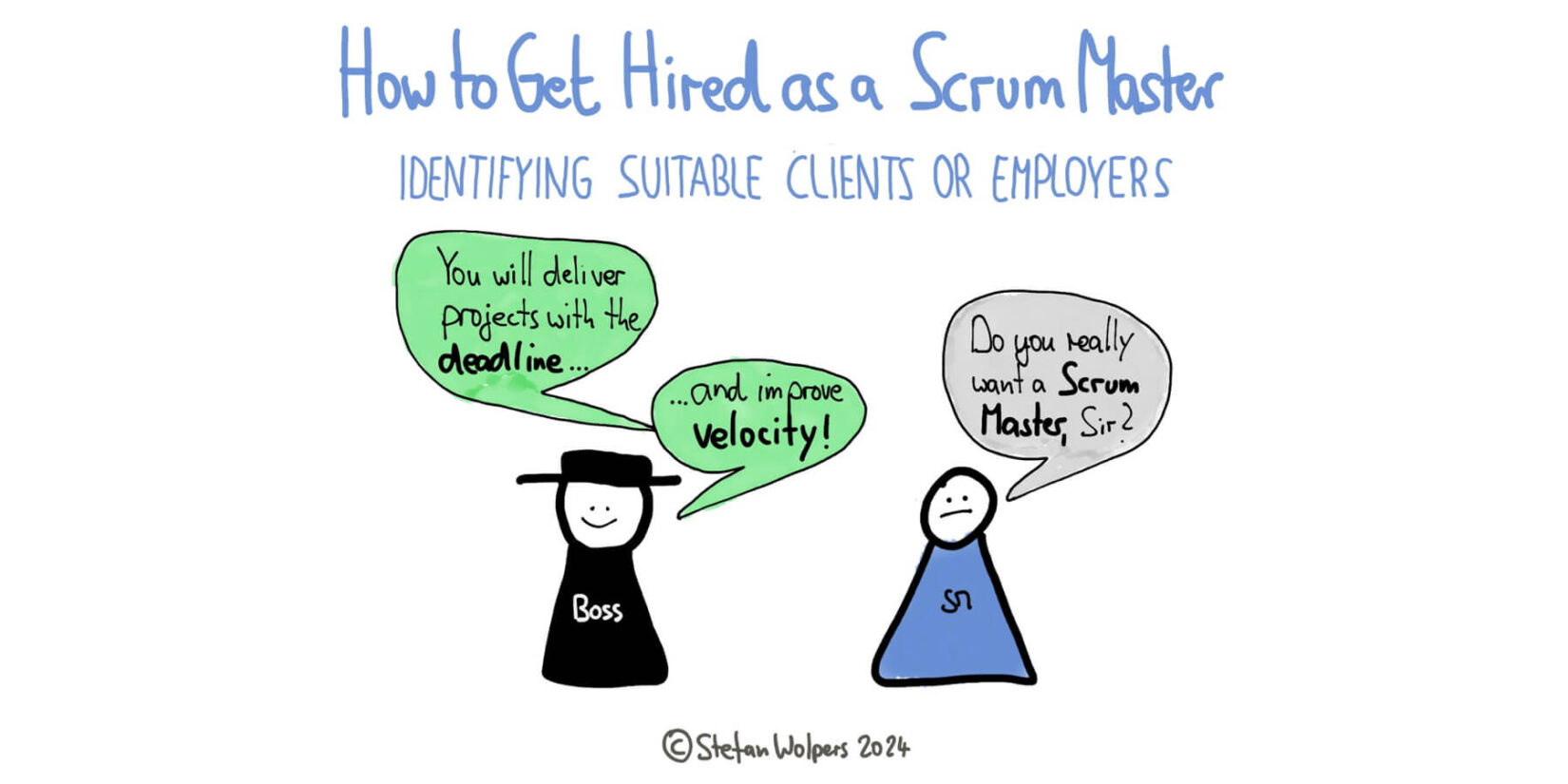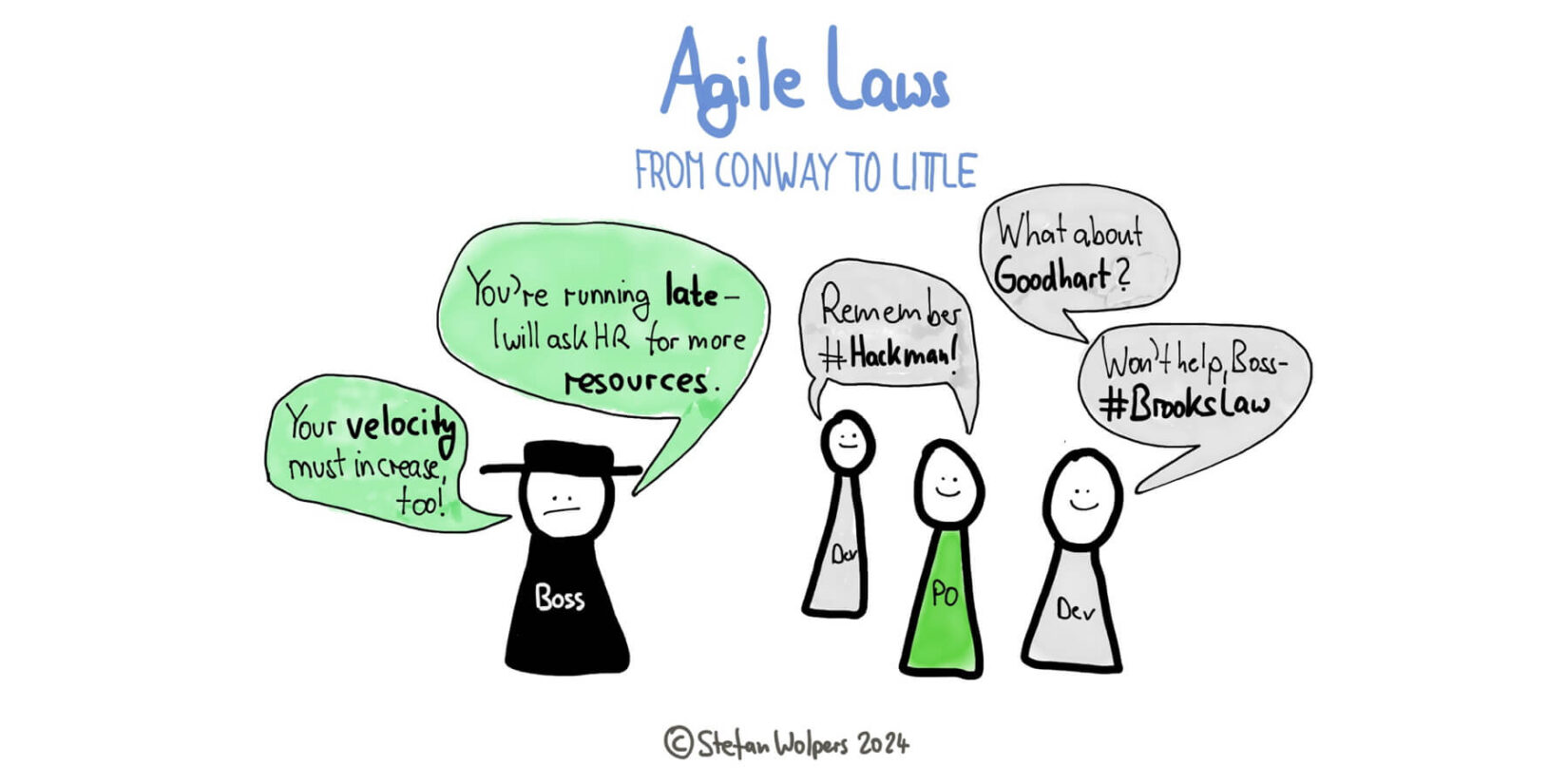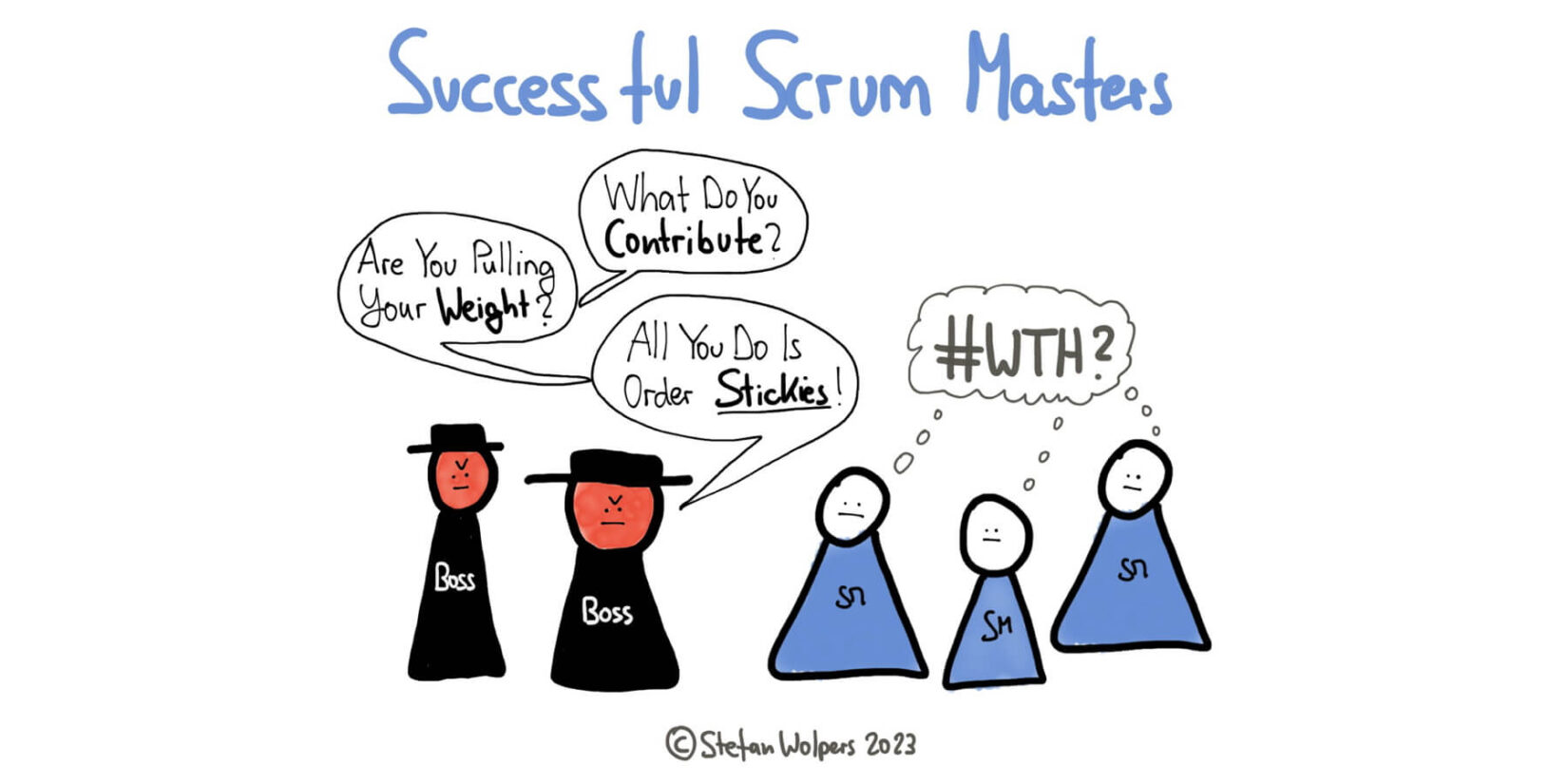TL; DR: Sunsetting Scrum Masters
In this article, I uncover indicators that a Scrum Master’s or Agile Coach’s journey is coming to a close; they are sunsetting Scrum Masters.
These indicators include, for example, management’s deviation from first principles, reduced support for your change initiatives, an emerging preference for short-term fixes over long-term agile strategies, a shift back to top-down control, decreased communication involvement, exclusion from management discussions, neglected input, waning reliance from the team, being left out of new communication channels, and lessened requests for meeting facilitation.
Consequently, recognizing and addressing these signs is critical to maintaining integrity and effectiveness.
Finally, please do not fool yourself; sometimes, it is also time to move on.
